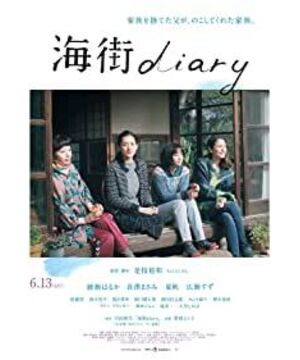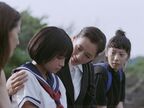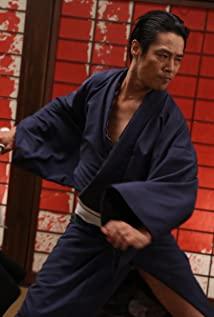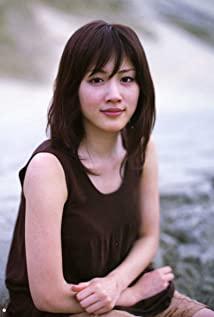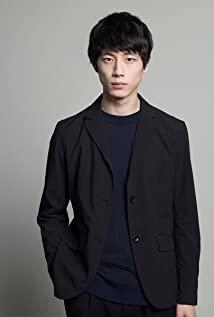Before watching the movie, I was still wondering why the name "Haijie Diary" was called. After watching it, I felt that these four words were appropriate - this is a film about the daily life of Haijie town. After the death of her father, the girl Ling moved to the house of her half-sister who lived in Haijie, and lived with her three sisters. The film starts from here. Through the activities of this family, it shows the atmosphere of Haijie, which is full of everyday atmosphere. Life.
No matter what kind of art form, it is quite difficult to tell about daily life, because this kind of subject matter is not enough to have dramatic conflict, it is not easy to attract and maintain people's attention, let alone in the process of showing it. Getting caught up in trivial presentations makes people feel unfocused and incomprehensible, and it’s not easy to catch people intellectually and emotionally. But "Haijie Diary" avoids this very well. I think the main reason is that although the film is about to present plain daily life and the way of presentation is also plainly narrated, in fact, several main characters in the film are very interesting. Storytelling and dramatic. For example, girl Ling, what happened before she moved to live with her sisters, why she has such a personality, how to live under the same roof with her sisters who have such a complicated relationship, and what will she have when she is in adolescence Growth and change...and eldest sister luck, what was her life like before Ling moved in, how Ling's arrival affected her life and choices, etc. This kind of character setting will be attractive and will make people want to follow them, look at their lives, and see how they will choose and change, so this movie is more about the presentation of the characters than the plot. developed to advance. At this time, it is necessary to praise the actors. Several actors have successfully performed their roles. Each character can make people feel the storytelling brought by their past experiences, so they do not need too much plot and language. I came here to tell the audience what kind of person he is.
In addition to the drama of the characters, the selective presentation of fragments of life is also one of the attractions of this film. The overall plot of the film does not have any dramatic conflict, but rhythmically tells about the daily life of some characters, intercepts some dialogues that can highlight the characters' current living conditions, and repeatedly mentions or presents representative characters that often appear in their daily lives. Things and events, such as making plum wine, going to a small shop for dinner, etc., these plots successfully create a very warm sense of daily life, which is easy to resonate, and people can be very involved and immersed in the whole process.
Another thing I have to mention is the way the film was shot, which is also a feature of the director Hirokazu Koreeda. It does not criticize the characters in the film, and does not deliberately exaggerate in some places. This restrained style of only telling but not delving into and judging is actually very commensurate with the theme of the film. There are many places in the movie that can be written about, such as the three sisters and Ling and their father's unusual relationship, the relationship between the eldest sister and a married man, hospice care, etc., but they are all handled by the director as a routine. part of life. Death, human relations, love and lust, and the entanglement of growth, each of which is an endless topic, but it is really only a part of life, so we struggle and try to escape the so-called "important choice" that is constantly entangled. It's just a fragment of filling time, so intricately complicated and deep, but in the end, it will be taken away by time and turned into memories, and life will continue in a "daily" way. Fortunately, the daily life presented in "Haijie Diary" makes people feel that even if it continues like this, it seems that there is nothing wrong.
View more about Our Little Sister reviews


